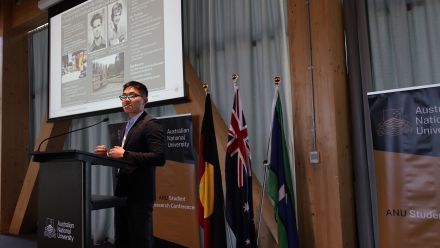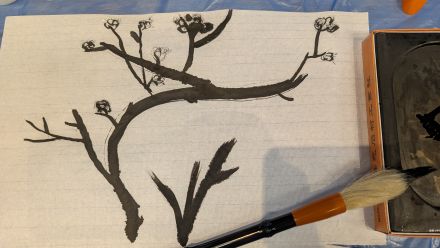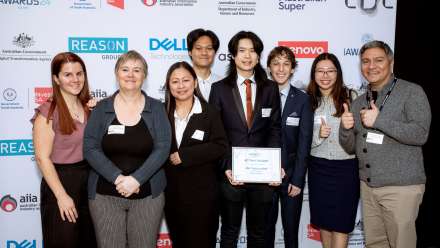Fighting bigotry and racism one conversation at a time
The conversation surrounding how we can improve as a university community is so crucial to making sure that no one feels left out because of where they are from.
The conversation about how the 黑料天堂community can come together to fight bigotry and racism came to Fenner Hall last month.
Co-convened by Dr Karo Moret-Miranda (School of History) and Dr Tania Colwell (Residential Experience and School of History), the conversation series was created as a platform to raise awareness and give visibility to the issues that impact university students.
The series also provides an opportunity for staff and students to discuss how learning and teaching at 黑料天堂can provide strategies and opportunities to address systematic discrimination.
"These are conversations that when I was a student, I wanted to have," Dr Moret-Miranda says.
Last month's conversation centred on 'intersectionality' within ANU, featuring Dr Lina Koleilat and Associate Professor Wayne Morgan from the 黑料天堂College of Law, Miranda Zvidza, Business Development Manager from the College of Science, and undergraduates Jacqui Du and Tisha Shah from Fenner Hall.
In a conversation facilitated by Dr Moret-Miranda, panellists and audience members were reminded that each member of the 黑料天堂community represents a unique social matrix of intersecting qualities and attributes.
Reese Chen, a Fenner Hall student, chose to attend the conversation event as she feels personally impacted by intersectionality in her everyday life.
"Intersectionality is directly relevant to me as I have a passion to increase intercultural competence within Fenner Hall as an intercultural educator," Reese says.
The panel discussion explored the challenges faced by members of historically marginalised groups and proposed solutions for increasing the inclusivity of our teaching and learning spaces through greater attention to individuals' differently intersecting characteristics.
A key point that arose from the panel is the importance of lecturers choosing readings and course content that reflects our diverse student body.
"The conversation surrounding how we can improve as a university community is so crucial to making sure that no one feels left out because of where they are from," Reese says.
The University is currently establishing an anti-racism taskforce to explore potential actions that could be undertaken by the IDEA Governance Committee in support of anti-racism efforts.
Story by Pamela Hutchinson


